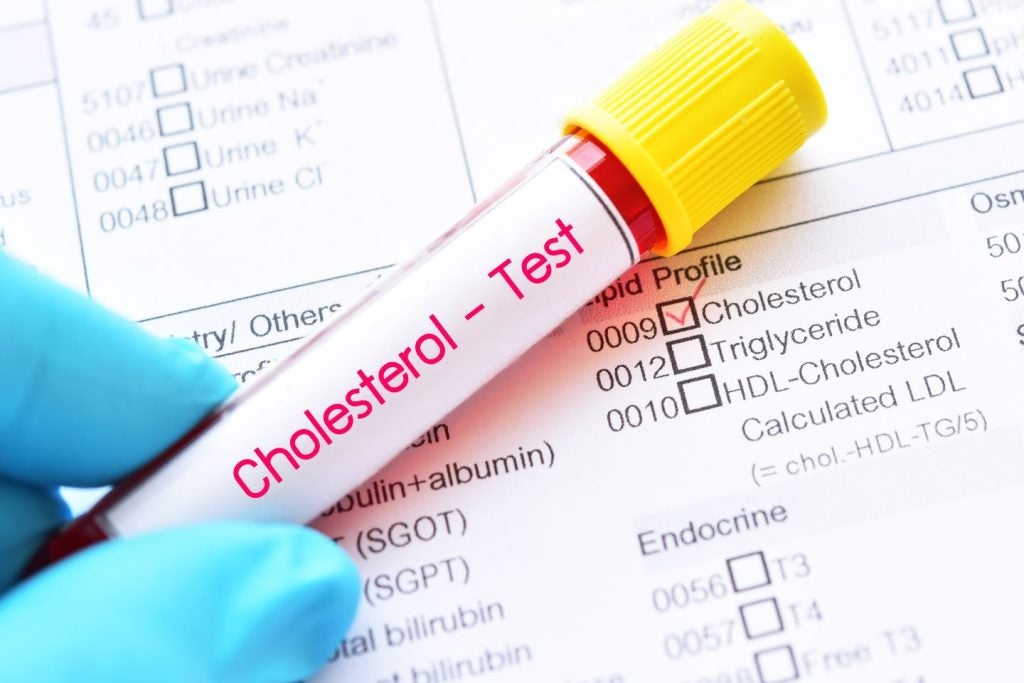US-based biopharmaceutical company Puma Biotechnology has initiated a Phase II clinical trial to evaluate alisertib, a monotherapy designed to treat extensive-stage small-cell lung cancer (SCLC).
The ALISCA-Lung1 trial aims to enrol up to 60 subjects who have shown disease progression on or after first-line platinum-based chemotherapy and immunotherapy.
It will require participants to provide tissue specimens to enable the analysis of biomarkers.
Alisertib will be administered at a dosage of 50mg twice a day on the first seven days of each 21-day cycle.
Objective response rate is the trial’s primary endpoint, while its secondary endpoints are the duration of response, progression-free survival, disease control rate and overall survival.
Puma will also conduct a detailed analysis of these endpoints across pre-specified biomarker subgroups.
The trial's biomarkers will be analysed in parallel with the clinical study to determine if there is enhanced efficacy in any subgroup.
An interim analysis will be performed to assess both the biomarkers and the drug's efficacy.
If the trial outcomes are positive, Puma expects to hold discussions with the US Food and Drug Administration (FDA) over a potential expedited approval pathway for alisertib in SCLC.
The company has previously in-licensed the worldwide development and commercialisation rights for several drugs, including an FDA-approved breast cancer therapy, neratinib.
Its initial focus for alisertib's development will be on SCLC and breast cancer.
Puma Biotechnology CEO, president and founder Alan Auerbach said: “We are pleased to initiate this Phase II trial, and we hope that the study will provide much-needed insight into the clinical activity of alisertib in small cell lung cancer and, more specifically, in patients with molecularly defined tumours that may be targetable with an aurora kinase A inhibitor like alisertib.”
Last December, Puma published the design for the Phase II PUMA-ALI-1201 clinical trial of alisertib for HER2-negative, hormone receptor-positive metastatic breast cancer.















